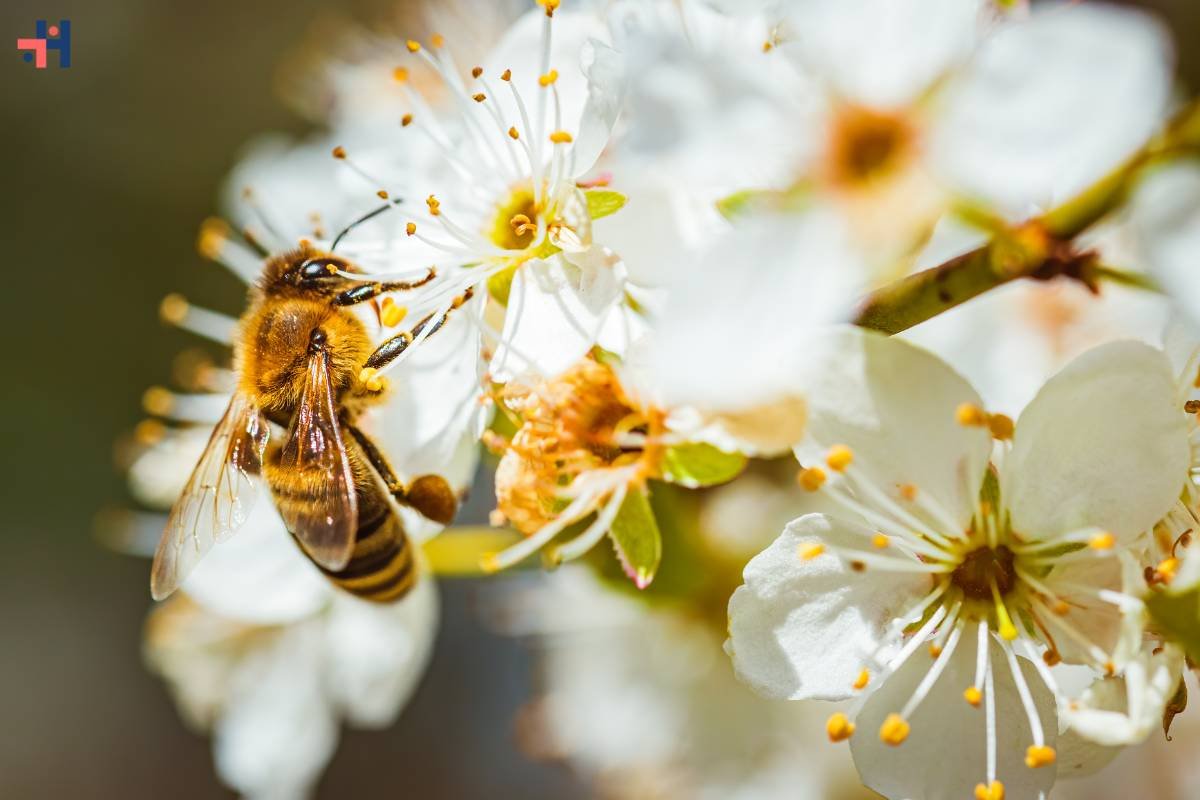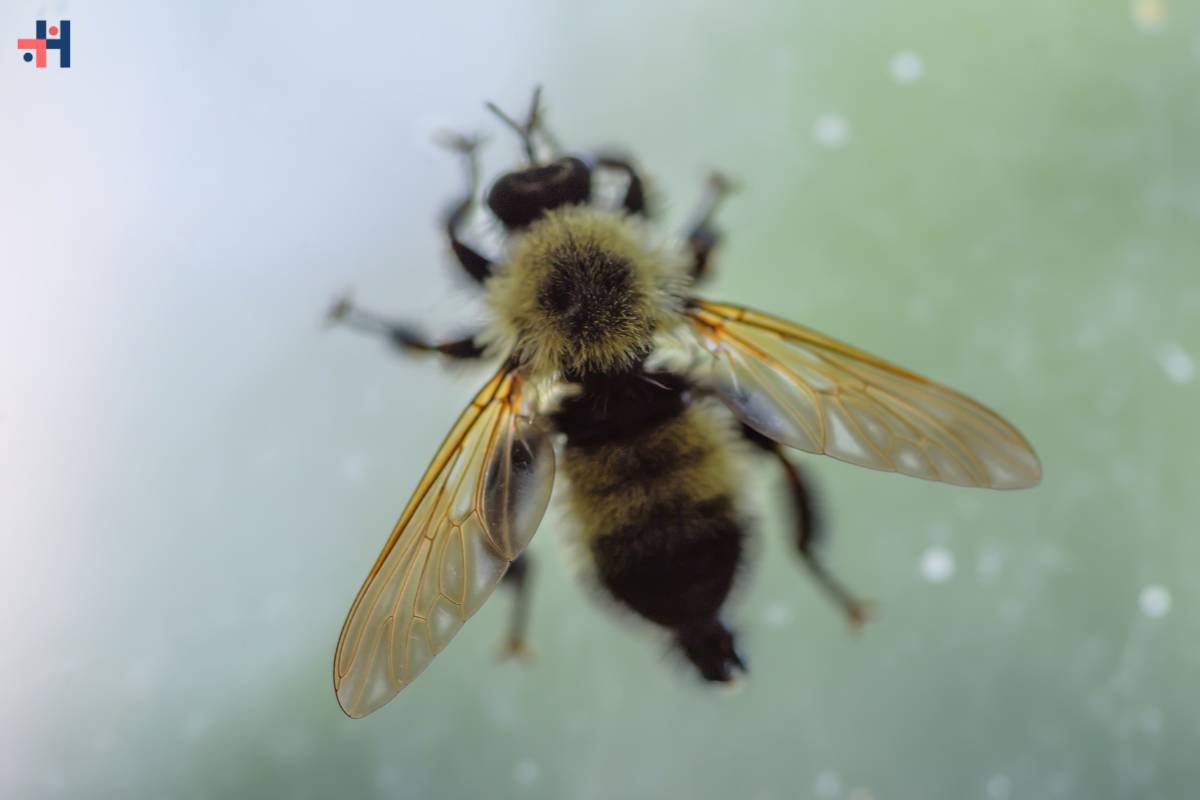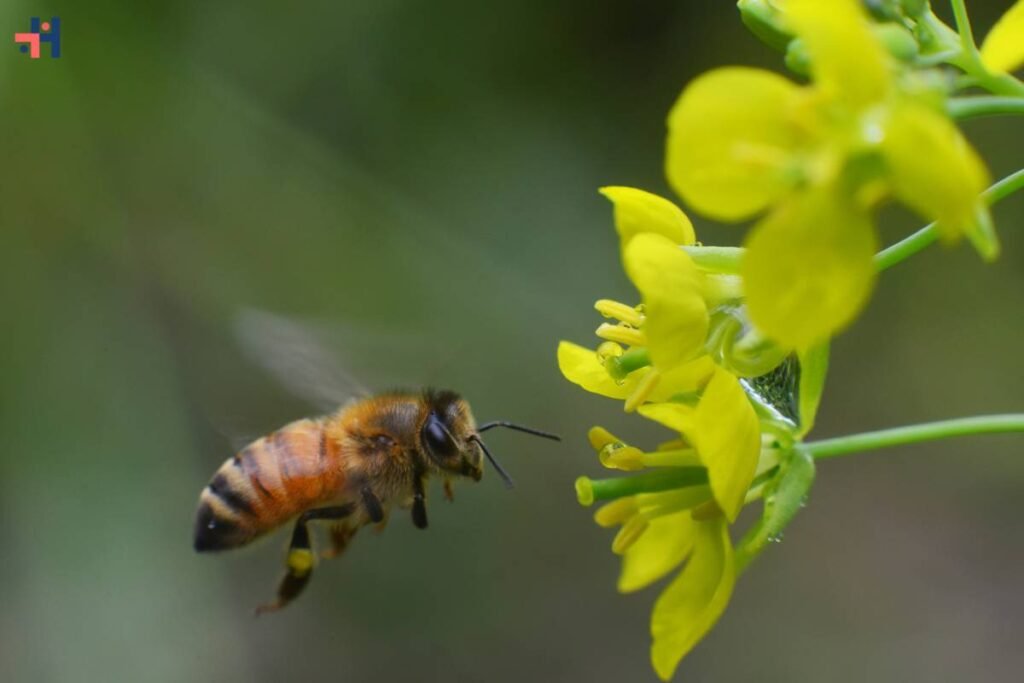Apiphobia, commonly known as the phobia of bees, is a specific phobia that affects individuals of all ages. While bees play a vital role in our ecosystem, their presence can evoke intense fear and anxiety in those with apiphobia. In this comprehensive guide, we will delve deeper into the causes, symptoms, and treatment options for apiphobia, as well as practical tips for managing and overcoming this fear.
Understanding Apiphobia – Phobia of bees:
Apiphobia is characterized by an irrational and excessive phobia of bees, including honeybees, bumblebees, and wasps. This fear can stem from various factors, including traumatic experiences, learned behavior, genetic predisposition, and environmental influences. Individuals with apiphobia may experience intense anxiety, panic attacks, and avoidance behavior when exposed to bees or bee-related situations.
1. Causes of Apiphobia – Phobia of bees:

- Traumatic Experiences: A traumatic event such as a bee sting during childhood can leave a lasting impression and contribute to the development of apiphobia.
- Learned Behavior: Observing others’ phobia of bees or hearing stories about bee attacks can instill a fear of bees in susceptible individuals.
- Genetic Factors: Some research suggests that genetic predispositions may play a role in the development of specific phobias, including apiphobia.
- Environmental Influences: Growing up in an environment where bees are portrayed as dangerous or harmful can contribute to the development of apiphobia.
2. Symptoms of Phobia of bees:
The symptoms of apiphobia can vary in severity and may include:
- Intense anxiety and panic attacks
- Physical symptoms such as rapid heartbeat, sweating, trembling, and shortness of breath
- Avoidance behavior, such as avoiding outdoor activities or picnics where bees may be present
- Emotional distress and interference with daily activities and relationships
- Hypervigilance and constant scanning of the environment for signs of bees
3. Effects of Apiphobia – Phobia of bees:

Apiphobia can have significant effects on a person’s quality of life, including:
- Limiting outdoor activities and social engagements
- Impairing work or academic performance
- Straining relationships with friends and family members
- Decreasing overall well-being and happiness
- Potentially leading to other mental health issues such as depression and anxiety disorders
4. Treatment Options for Phobia of bees:
Fortunately, apiphobia is a treatable condition, and several effective treatment options are available:
- Cognitive-Behavioral Therapy (CBT): CBT is a structured therapy that helps individuals identify and challenge irrational thoughts and beliefs about bees. Through gradual exposure to bee-related stimuli and the development of coping strategies, CBT can help individuals overcome their fear of bees.
- Exposure Therapy: Exposure therapy involves gradually exposing individuals to bees or bee-related situations in a controlled and supportive environment. Over time, repeated exposure can desensitize individuals to their fear and reduce anxiety.
- Relaxation Techniques: Learning relaxation techniques such as deep breathing, meditation, and progressive muscle relaxation can help individuals manage anxiety symptoms associated with apiphobia.
- Medication: In some cases, healthcare providers may prescribe anti-anxiety medications or beta-blockers to help manage symptoms of apiphobia, particularly in conjunction with therapy.
- Hypnotherapy: Hypnotherapy uses hypnosis to access the subconscious mind and address underlying fears and anxieties related to bees. By tapping into the power of suggestion, hypnotherapy can help individuals reframe their thoughts and emotions surrounding bees.

5. Practical Tips for Managing Apiphobia –Phobia of bees:
In addition to formal treatment, individuals with apiphobia can take practical steps to manage their fear and anxiety:
- Educate yourself about bees: Understanding the importance of bees in our ecosystem and learning about their behavior can help demystify them and reduce fear.
- Practice relaxation techniques: Incorporate relaxation techniques into your daily routine to help manage stress and anxiety.
- Gradual exposure: Gradually expose yourself to bees in a safe and controlled manner, starting with less intimidating situations and gradually progressing to more challenging ones.
- Seek support: Reach out to friends, family members, or support groups for encouragement and understanding. Sharing your experiences with others who have similar fears can be comforting and empowering.
- Stay informed: Stay up to date on the latest research and treatment options for apiphobia, and don’t hesitate to seek professional help if needed.
Conclusion:
Apiphobia can be a debilitating condition that affects many aspects of a person’s life. However, with the right combination of treatment, support, and self-care strategies, individuals can overcome their phobia of bees and reclaim their lives. By understanding the causes, symptoms, and treatment options for apiphobia, individuals can take proactive steps towards overcoming their fear and leading a more fulfilling life free from the constraints of phobia. If you or someone you know struggles with apiphobia, don’t hesitate to seek help from a qualified mental health professional. Remember, you are not alone, and help is available.









